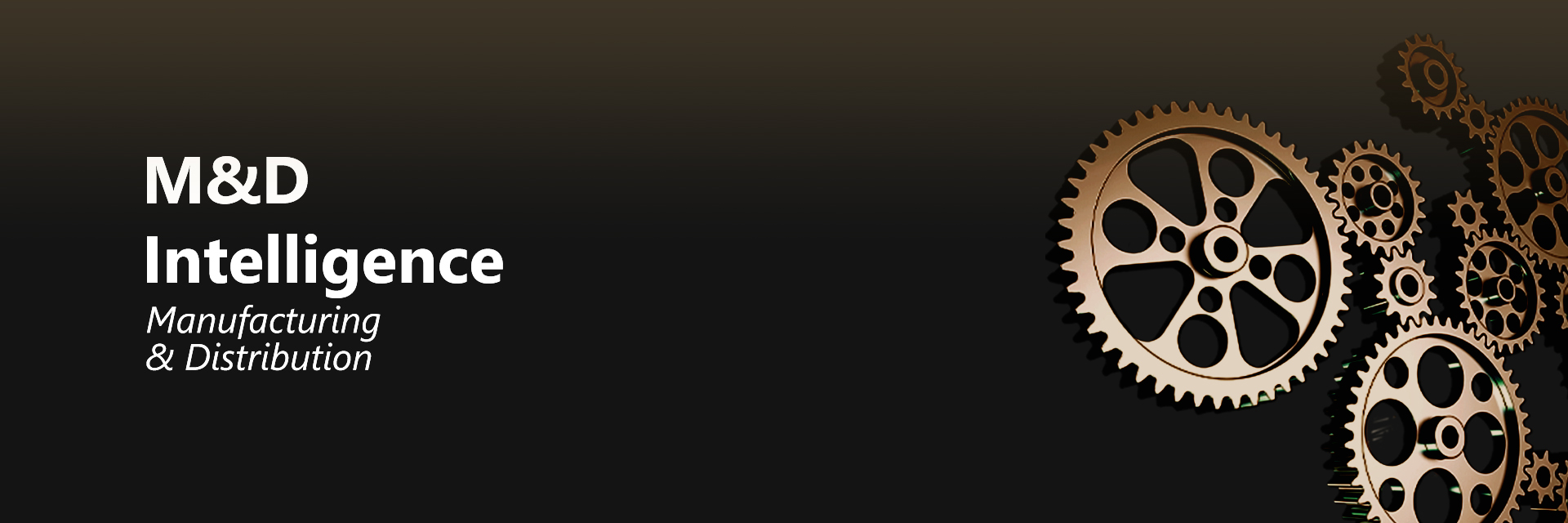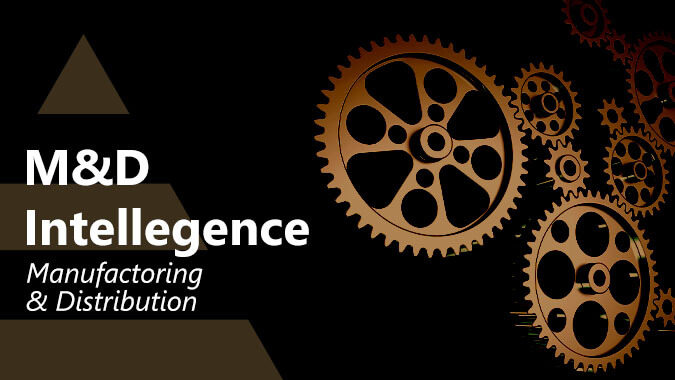
EisnerAmper Q&A with Michael Corridon, CFO, Strato, Inc.
- Published
- Sep 24, 2019
- Share
Strato, Inc. is a privately held company based in Piscataway, New Jersey (with additional facilities and offices in New York and China) that designs, manufactures and engineers products for the railroad industry. In its 51st year in existence, it employs over 140 people including a team of 24 engineers. EisnerAmper sat down with CFO Michael Corridon, who shared insights into the company’s operations and how it has been impacted by the tariff increases.
EISNERAMPER:
Please tell us about Strato, Inc.’s supply chain and international operations.
CORRIDON:
We import more than half of our raw materials or finished goods from China. The balance is mainly domestic and given the importance of China to us we have a representative office of 15 people in sourcing and quality assurance. That is why the tariff increases have had a huge impact on us since everything we buy from China is subject to tariffs and always has been since the tariffs were put in place.
EISNERAMPER:
Can you specify exactly how the tariff increases have impacted your business?
CORRIDON:
Significant. They had the potential to wipe out our income completely. However, we have been fortunate enough to be able to route a large percentage of our shipments directly to Mexico and Canada where many rail cars for the North American market are manufactured. We have worked with our customers to ship direct to their facilities in those countries and avoid a significant amount of the tariffs.
Last year, the tariff increases were a seven-figure hit to our income and will be again this year. It has impacted all suppliers in this industry, not only our company.
What we import are steel components designed in the U.S. Since, over the years, many foundries have closed in the U.S., there isn’t a lot of capacity here to make these products. New foundries aren’t being opened due to the large capital requirement, pollution regulations, political uncertainty and the lack of a willing workforce.
EISNERAMPER:
How much time did Strato have to respond to the tariffs?
CORRIDON:
Unfortunately, we didn’t have a whole lot of time but we worked with our suppliers in China and convinced them to hold inventory. We also stored our parts in China waiting for orders from facilities in Mexico and Canada and had success of getting some sharing of the tariff from the customers. Finally, we went back to suppliers in China to negotiate lower prices and thus take on some of the burden. We have also undertaken a large effort to cut our costs internally.
EISNERAMPER:
What are the alternatives for sourcing materials and what would the timing and challenges be to make the change?
CORRIDON:
When the tariff increases went into place, the running joke was the hardest thing to find was a hotel room in Vietnam or storage place in Mexico as everyone has been looking for a China alternative. But in all seriousness, our suppliers are joint venture partners in every way except we don’t have legal contracts with them. We make significant time investments in our vendor relationships and it takes a long time to develop products with them to the quality specifications our customers demand. We have a foundry we deal with domestically and we have looked to other suppliers in other countries but haven’t had significant success yet.
EISNERAMPER:
Do you see a scenario where production of domestic inputs would become a viable option?
CORRIDON:
I don’t see domestic supply being a viable option for our industry because I don’t know why anyone would open a foundry and employ workers because of the investment and political uncertainty that would be involved.
EISNERAMPER:
How have you leveraged service providers and industry experts and influencers to help with the tariff waiver appeals?
CORRIDON:
Through our networking with the industry sources, we identified a law firm with a connection in Washington, D.C., who provided legal assistance in filing appeals to some of the tariff increases.
We have also networked with and relied on the guidance from our service providers, including accounting firms, who have multiple clients dealing with similar issues.
M&D Intelligence - Q3 2019
- M&D Migrates to RPA Implementation
- A Manufacturing & Distribution Owner’s Dilemma: Do I Sell or Do I Grow?
- Preparing for Sale – Financial Due Diligence
- EisnerAmper Q&A with Michael Corridon, CFO, Strato, Inc.
- FASB Proposes One-Year Delay of ASC 842, Leases, (ASC 842) for Private Companies
- State Tax Changes Impact M&D
What's on Your Mind?
Start a conversation with Elana
Receive the latest business insights, analysis, and perspectives from EisnerAmper professionals.












